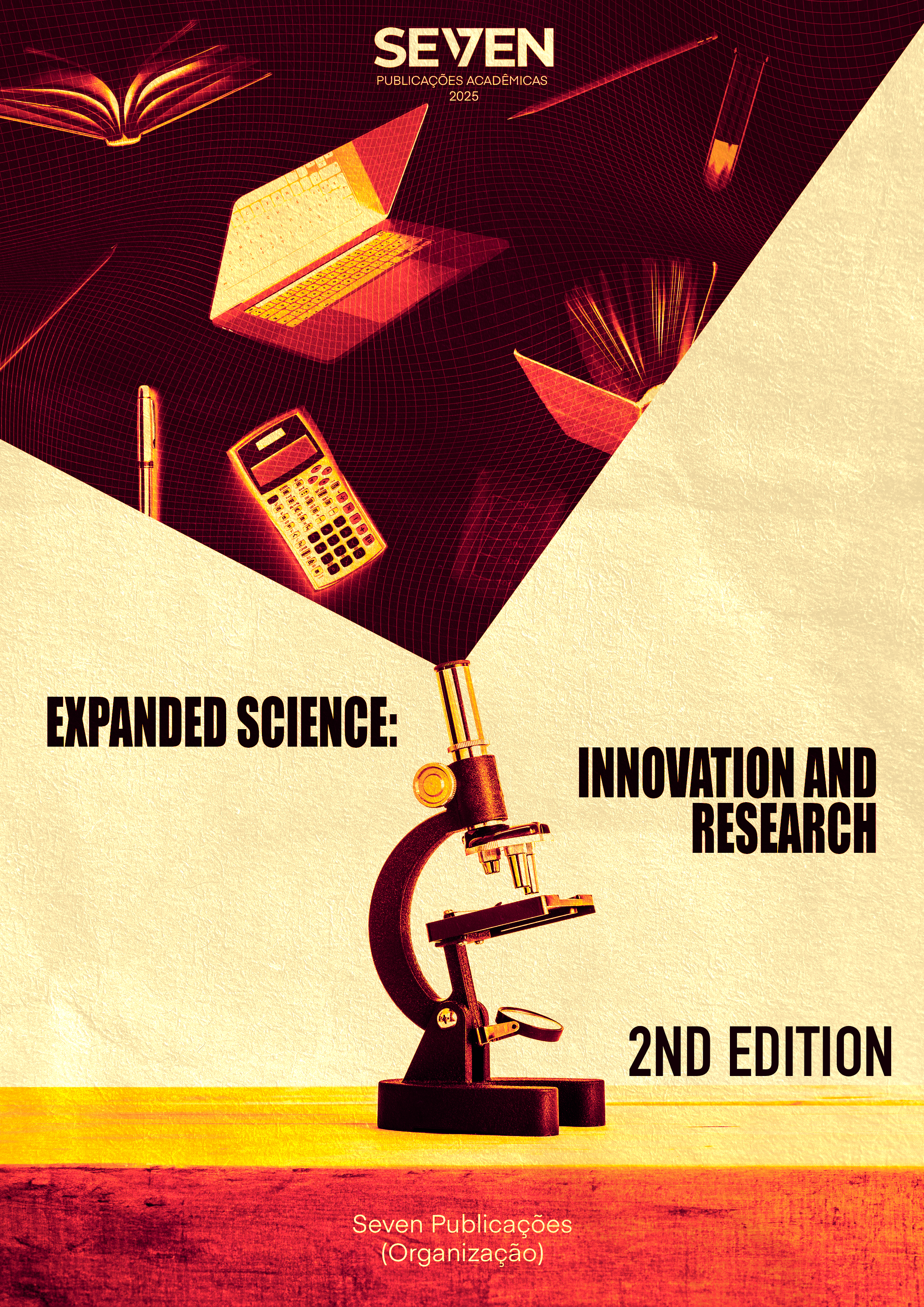RELIGION AND THE PUBLIC SECTOR IN BRAZIL: CHALLENGES AND OPPORTUNITIES IN THE ERA OF RELIGIOUS DIVERSITY
Keywords:
Religion, Diversity, Science, Freedom, SocietyAbstract
In Brazil, freedom of belief is a guaranteed right, although there is still discrimination motivated by stereotypes and prejudices. This study addresses the concepts of religion and religious institutions, emphasizing the importance of pluralism and religious freedom for Brazil. The relationship between religion and the public sector is marked by the secular nature of the State and, at the same time, by interference in public policies. Brazil's religious diversity is characterized as broad and dynamic, expressing its history and culture. Education and public policies must foster respect, inclusion and appreciation of the plurality of plurality. The secular nature of the State is to guarantee religious freedom and the neutrality of public space, and to face permanent and constant challenges, to create and preserve impartiality. Religious and cultural pluralism is a wealth and needs to be celebrated and defended, requiring continuous actions to strengthen tolerance and social cohesion.
Downloads
Published
Issue
Section
License

This work is licensed under a Creative Commons Attribution-NonCommercial 4.0 International License.





